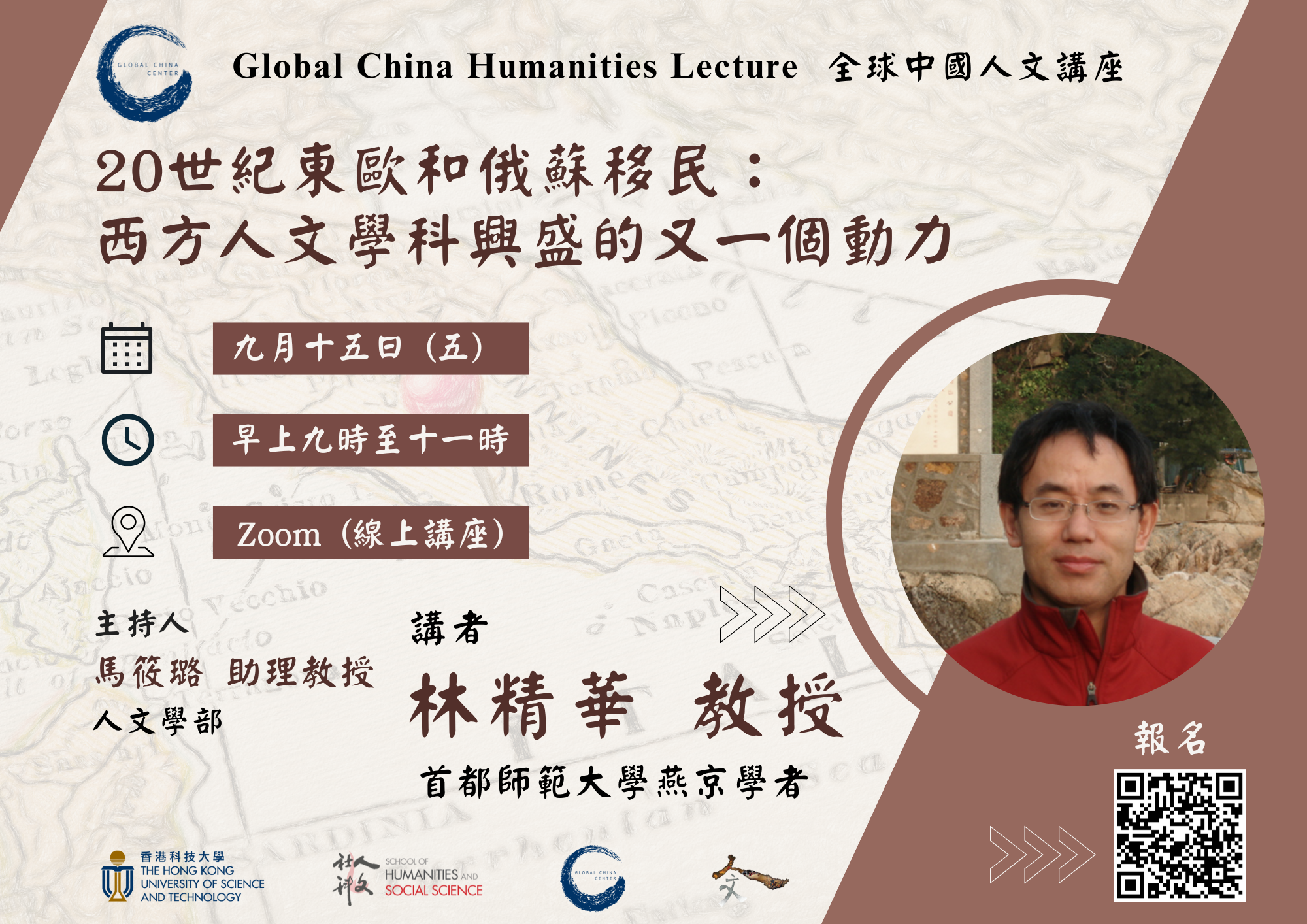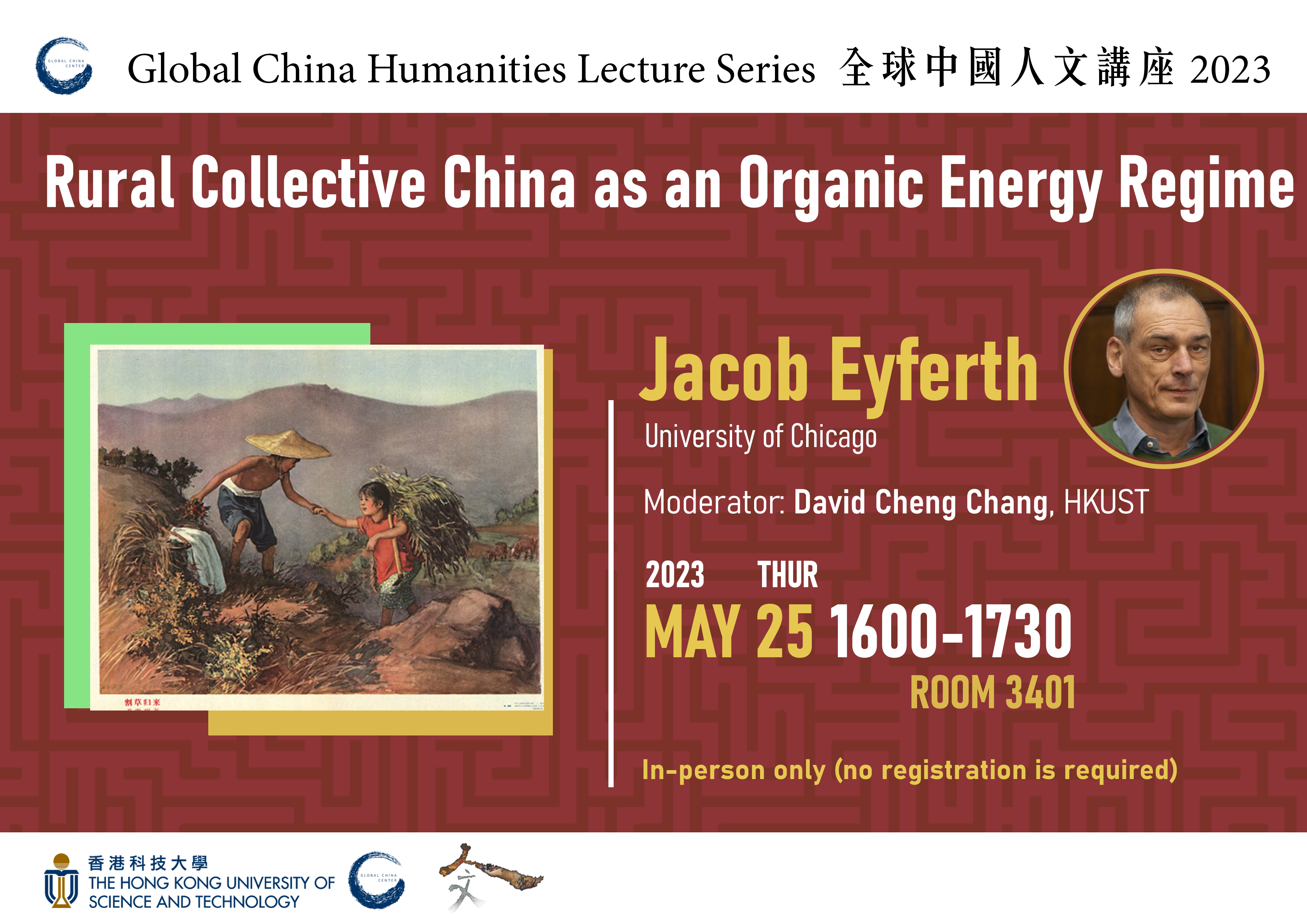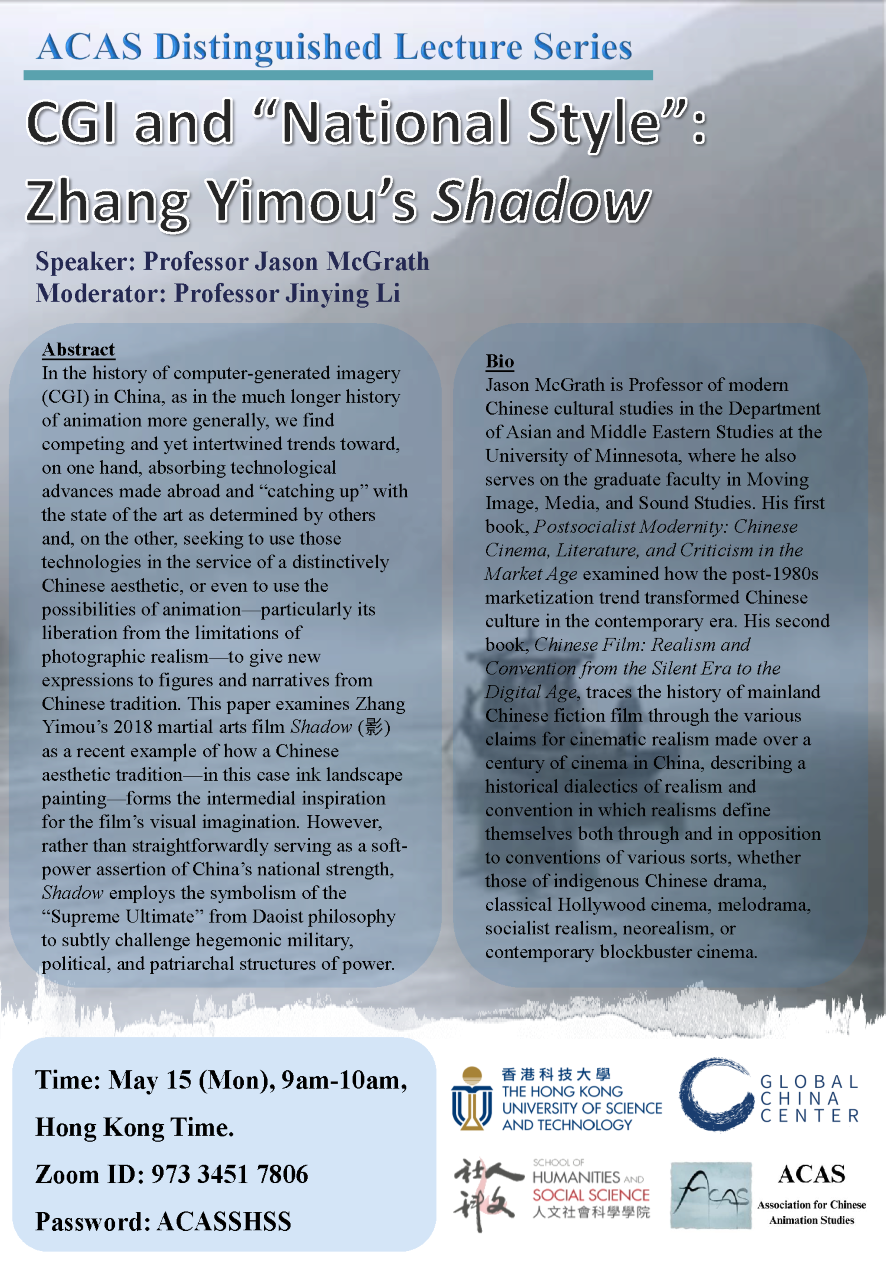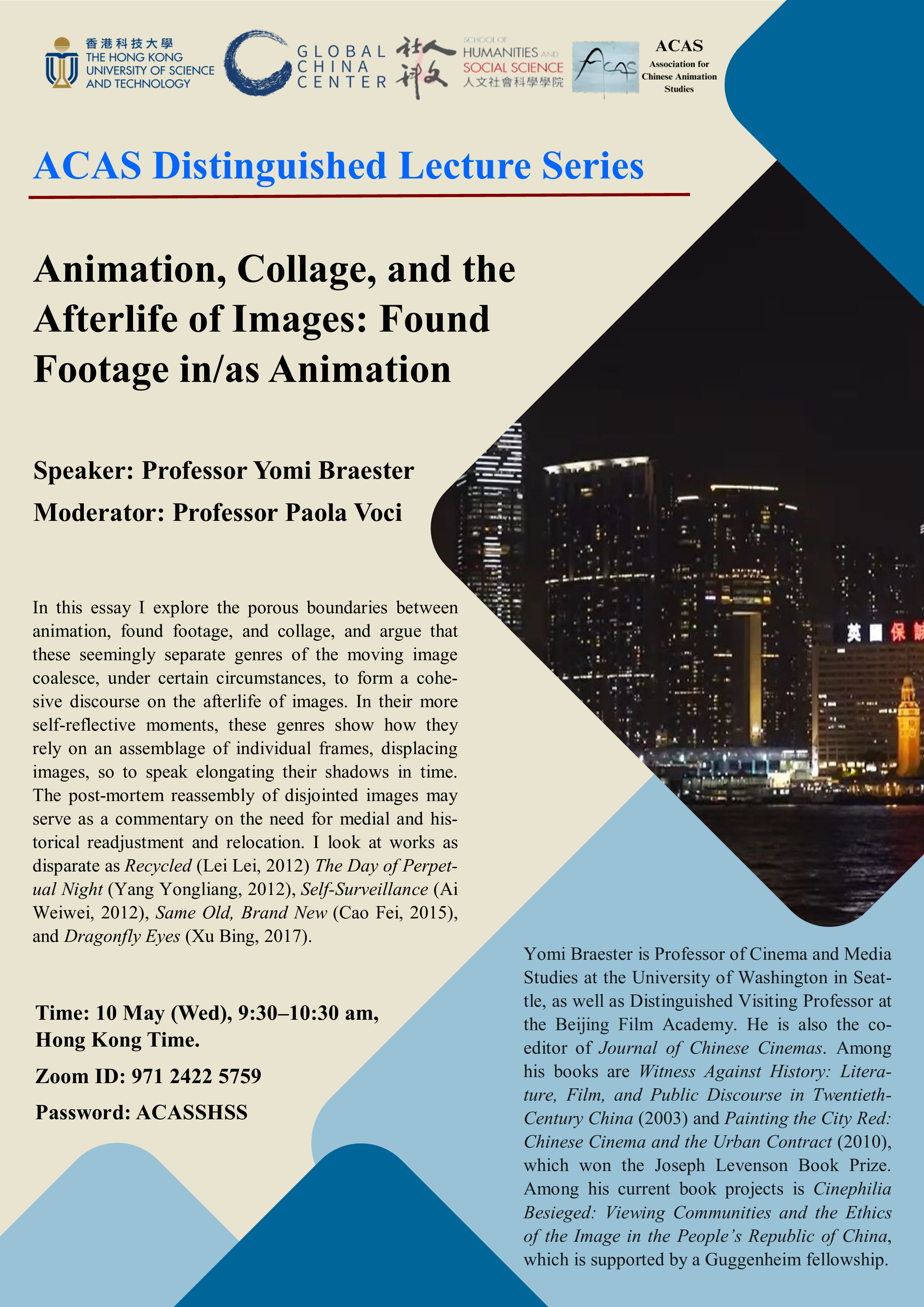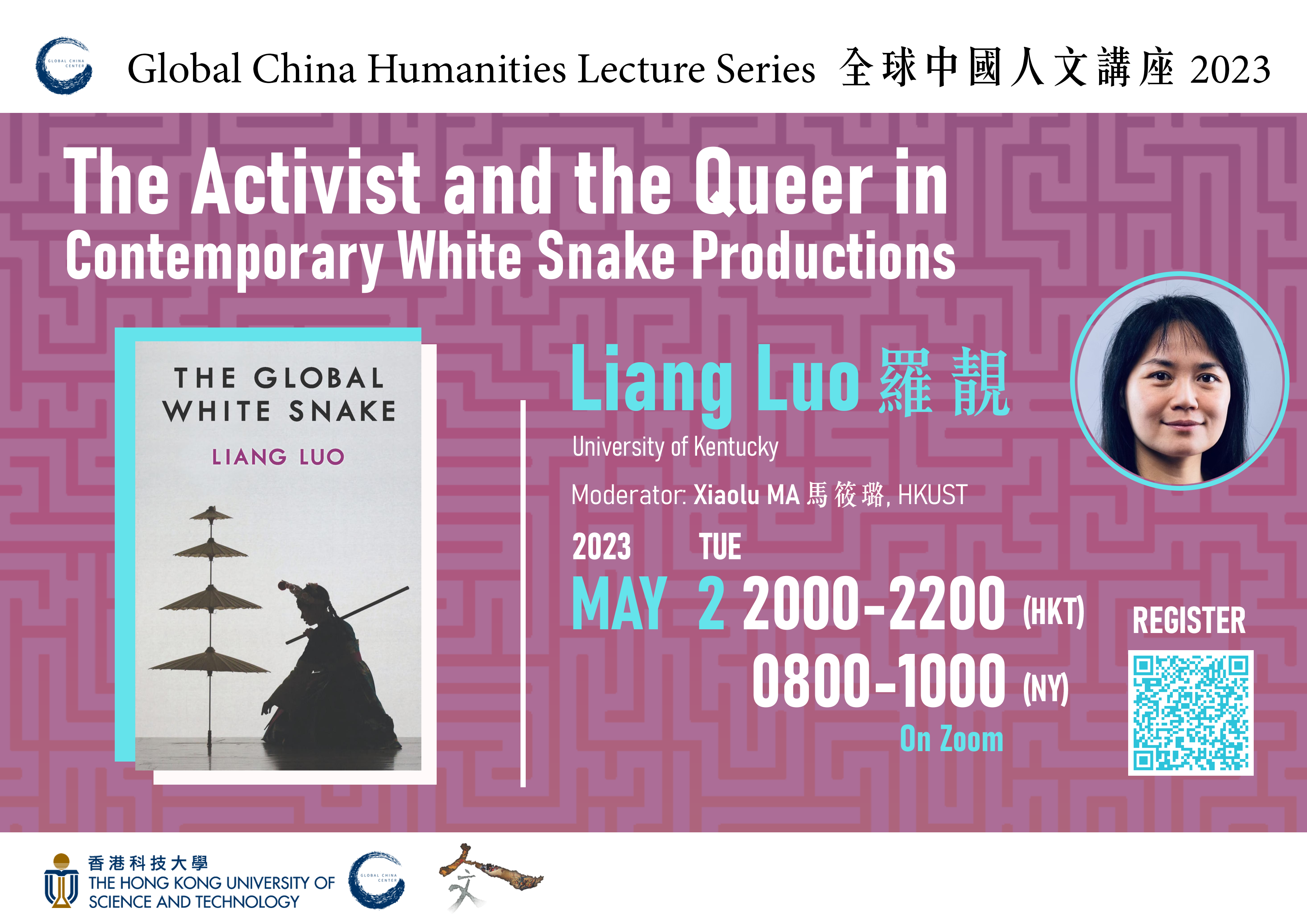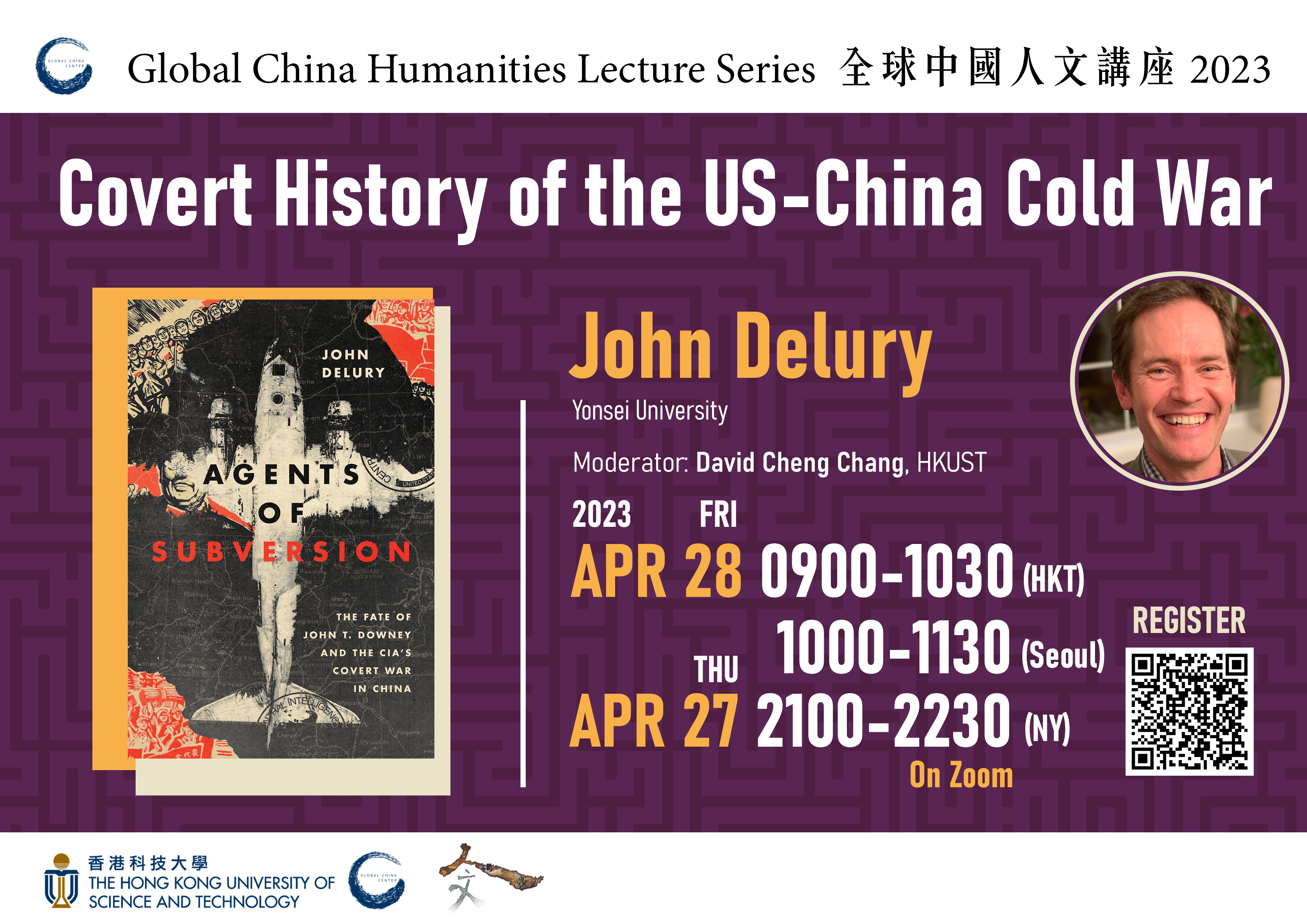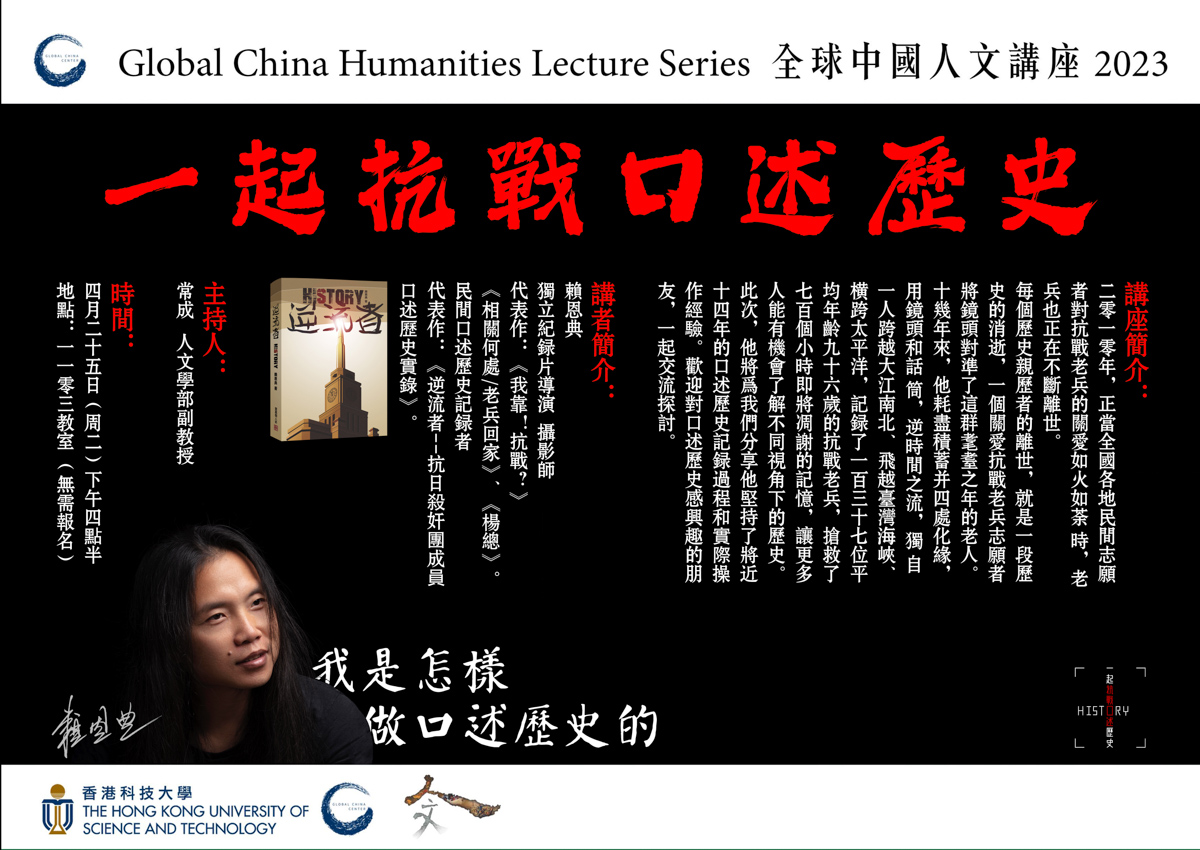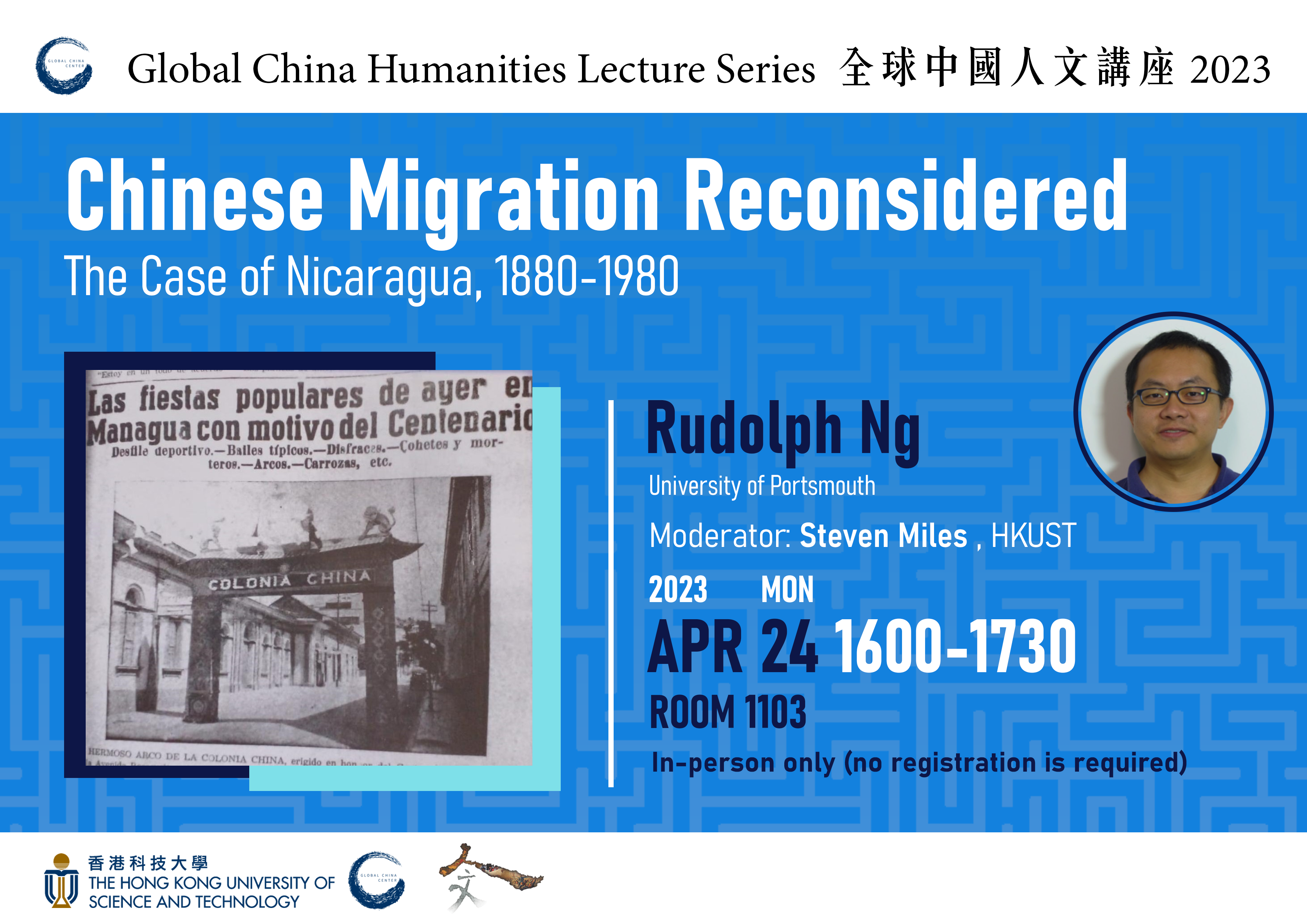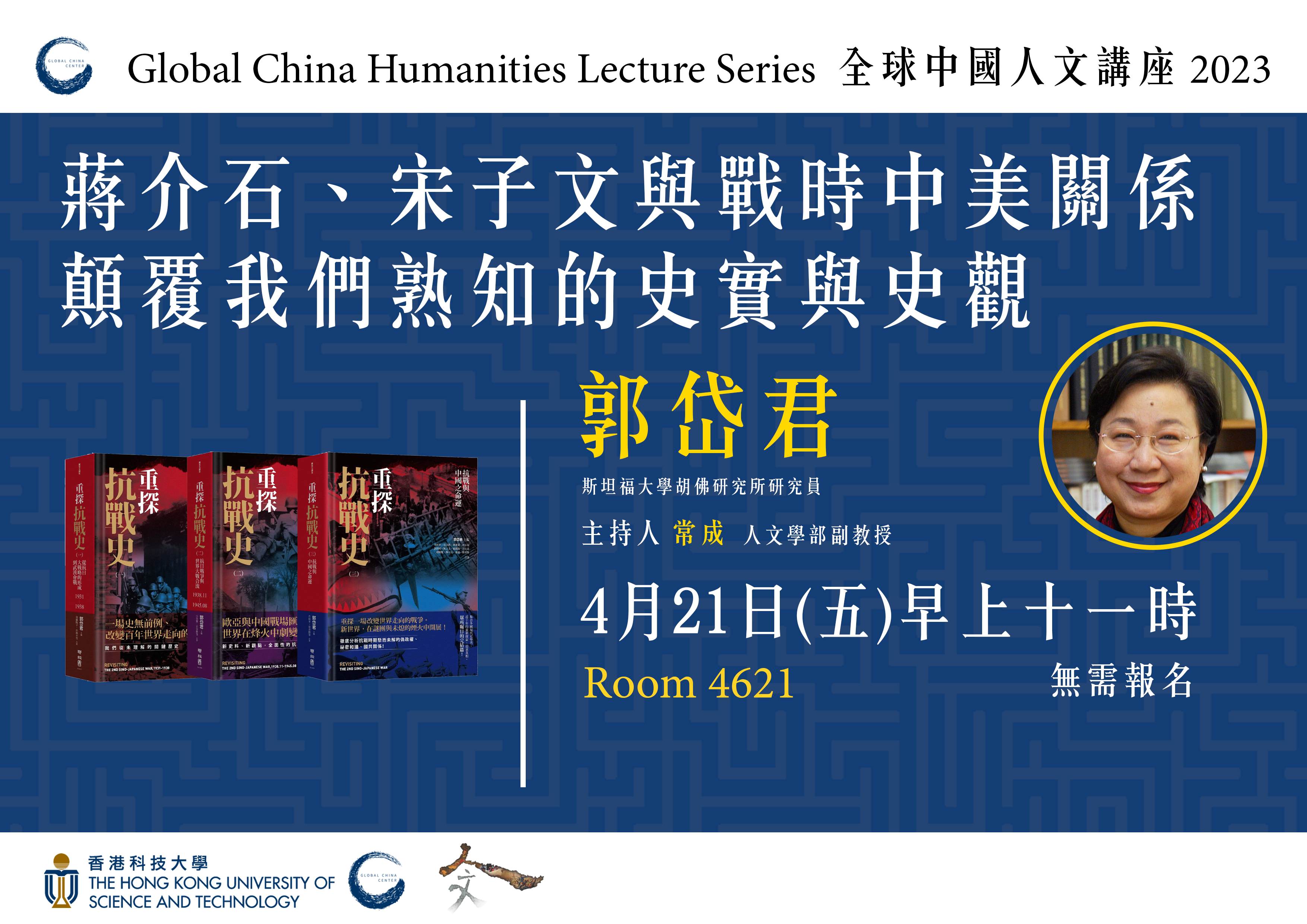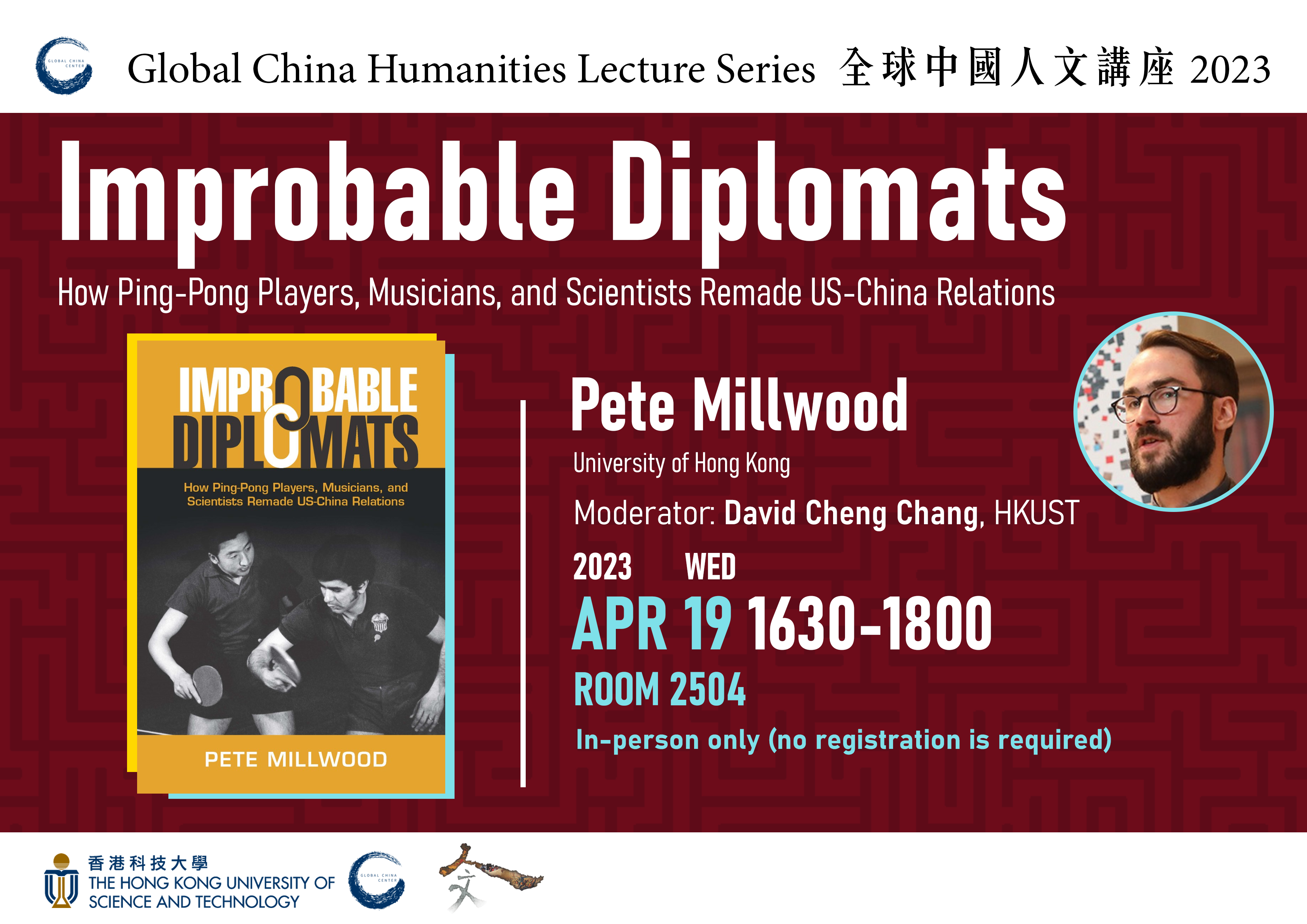A poster for a Chinese high-speed train at the construction site for a bridge over the Mekong River in Laos
Upcoming Events
Past Events
20世紀東歐和俄蘇移民: 西方人文學科興盛的又一個動力
十月革命之後,二戰到來之前,解凍思潮之後,新思維改革以降,先後開啟四波俄國和東歐移民西方浪潮,移民中有著大量的專業學者、文學藝術家,他們在西方,尤其是在美國的大學獲得重要的學術職位,利用大西洋兩岸各大學的條件優厚的學院制度,在語言學、文學批評、斯拉夫文學和哲學等,做出了巨大貢獻,從而推動人文學科飛速發展。 READ MORE...
Rural Collective China as an Organic Energy Regime
The Maoist development model relied on labor mobilization in agriculture and infrastructure construction, and on non-equivalent exchange between the agricultural and industrial sectors. Throughout the Mao years, the countryside received few modern inputs. Most labor was performed by human and animal muscle rather than by machines. Most fertilizer was organic, laboriously collected and composted from human and animal excrement and other organic matter. Most heating in rural households came from crop residues or firewood collected in the hills. At the same time, the urban-industrial sector transitioned from an organic to a fossil-fuel energy regime, powered by coal and petrol. For about two decades, the government expected the rural-agrarian sector to expand at the same pace as the urban-industrial sector, despite the fact that the countryside had little access to output-boosting fossil fuels. This led, on the one hand, to a rural energy crisis, as the same limited resources of land and organic matter were needed to meet conflicting demands for fuel, fodder, compost, etc. and, on the other hand, to labor intensification at the household level, as women and children were mobilized to fill the gaps resulting from extraction. READ MORE...
CGI and “National Style”: Zhang Yimou’s Shadow
In the history of computer-generated imagery (CGI) in China, as in the much longer history of animation more generally, we find competing and yet intertwined trends toward, on one hand, absorbing technological advances made abroad and “catching up” with the state of the art as determined by others and, on the other, seeking to use those technologies in the service of a distinctively Chinese aesthetic, or even to use the possibilities of animation—particularly its liberation from the limitations of photographic realism—to give new expressions to figures and narratives from Chinese tradition. This paper examines Zhang Yimou’s 2018 martial arts film Shadow (影) as a recent example of how a Chinese aesthetic tradition—in this case ink landscape painting—forms the intermedial inspiration for the film’s visual imagination. However, rather than straightforwardly serving as a soft-power assertion of China’s national strength, Shadow employs the symbolism of the “Supreme Ultimate” from Daoist philosophy to subtly challenge hegemonic military, political, and patriarchal structures of power. READ MORE...
Animation, Collage, and the Afterlife of Images: Found Footage in/as Animation
In this essay I explore the porous boundaries between animation, found footage, and collage, and argue that these seemingly separate genres of the moving image coalesce, under certain circumstances, to form a cohesive discourse on the afterlife of images. In their more self-reflective moments, these genres show how they rely on an assemblage of individual frames, displacing images, so to speak elongating their shadows in time. The post-mortem reassembly of disjointed images may serve as a commentary on the need for medial and historical readjustment and relocation. I look at works as disparate as Recycled (Lei Lei, 2012) The Day of Perpetual Night (Yang Yongliang, 2012), Self-Surveillance (Ai Weiwei, 2012), Same Old, Brand New (Cao Fei, 2015), and Dragonfly Eyes (Xu Bing, 2017). READ MORE...
The Activist and the Queer in Contemporary White Snake Productions
inspired by the Chinese white snake legend, three English-language White Snake projects, ranging from Western opera, digital video, to stage play, energetically engage with issues relevant to minority activism in the United States, enriching our understanding of contemporary White Snake repertoire as vigorously multivalent, constantly regenerating, and profoundly empowering. In the Chinese context, three Chinese-language White Snake productions, ranging from TV drama series, animation film, to TV film with an all-child cast, use images of children and females to challenge a world dominated by adults and males, queering the heteronormative romance in the White Snake story, and presenting a bold celebration of the humanity of the nonhuman. We have a lot to learn from these activist, queer bodies of the snake women hybrids, as they continuously teach us the importance of cultural empathy and the power of radical tolerance. READ MORE...
COVERT HISTORY OF THE US-CHINA COLD WAR
Drawing upon his recently published book Agents of Subversion, John Delury will explore the covert history of the Cold War between the United States and China from the late 1940s to the early 1970s. He will discuss different kinds of Cold War “battlefields”—from New Haven to Hong Kong, Korea to Manchuria—where ideas were weaponized in policy debates as well as clandestine missions. Following the trail of one particular CIA mission into the PRC at the height of the Korean War, Delury will offer a framework for understanding US-China Cold War diplomacy (and the lack thereof) that might offer at least cautionary lessons for the present. READ MORE...
一起抗戰口述歷史: 我是怎樣做口述歷史的
2010年,正當全國各地民間志願者對抗戰老兵的關愛如火如荼的時候,老兵也正在不斷離世。 每個歷史親歷者的離世,就意味著一段歷史的消逝,一個關愛抗戰老兵志願者將鏡頭對準了這群耄耋之年的老人。十幾年來,他耗盡積蓄並四處化緣,獨自一人跨越大江南北、飛越臺灣海峽、橫跨太平洋,用他的鏡頭和話筒,逆時間之流,記錄了137位平均年齡96歲的抗戰老兵,搶救了42000分鐘即將凋謝的記憶,讓更多的人可以有機會瞭解不一樣視角的歷史。 此次,這位堅持了將近14年的民間口述歷史記錄者,將為大家分享他記錄口述歷史的經歷和實際操作經驗。歡迎對口述歷史感興趣的朋友,一起交流探討 READ MORE...
Chinese Migration Reconsidered: The Case of Nicaragua, 1880-1980
After the passage of the Chinese Exclusion Act (1882) in the United States, a wave of anti-Chinese sentiment swept across the Americas. The Chinese diaspora coped with this challenging phenomenon in different ways. Some communities suffered a substantial loss of material wealth and legal rights. Extreme cases in the United States, Peru, and Mexico involved massacres of the Chinese, which made international headlines. However, some navigated the difficult times with much more success. One was the Chinese in Nicaragua, who took advantage of domestic and foreign assistance and successfully pushed the Nationalist Government in Nanjing to fight for their well-being on the other side of the world. Based on archival documents found in Managua and Taipei, this presentation will trace the origins, negotiations, and final agreements between China and Nicaragua that provided protection for the Chinese in Nicaragua in 1931, at a time when their compatriots elsewhere in Latin America experienced much more restrictive policies. The remarkable economic prosperity and political influence that the Chinese Nicaraguans enjoyed until 1979 suggest an alternative narrative to the story of global Chinese migration. The Nicaraguan case might also give us insights into how a combination of Chinese initiatives and international forces could challenge a pervasively hostile environment. READ MORE...
蔣介石、宋子文與戰時中美關係:顛覆我們熟知的史實與史觀
抗戰時期,中美關係最突出的幾件事當屬同盟作戰、開羅會議、以及史迪威事件;其中的關鍵人物都是蔣介石、宋子文。長期以來,普遍的認知是:中美攜手對日,起初合作無間,後來卻轉為嫌隙不斷;開羅會議是國民政府外交的重大成就;宋子文飛揚跋扈、以權謀私;史迪威與蔣介石鬧翻,鎩羽而歸等等。然而,近幾年開放的新檔案提供了新線索,當我們跳出民族與意識形態的框框,重新審視這段歷史,若干新發現竟顛覆了我們熟知的史實與史觀。 蔣介石、宋子文既是長官部屬,又是姻親郎舅;蔣威權自持,謹慎保守,宋則敏銳機變,不拘一格。1940年6月,蔣介石指派宋子文為其駐華府「特別代表」,宋子文很快在華府做得風生水起,但1943年10月返國述職時,卻和蔣介石大吵一架,並被蔣禁止參與任何中美事務。郎舅間的爭執成了公務上的決裂,對中美關係影響不小。我們嘗試揭開一些不為人知的史實,發現蔣宋間的互動複雜微妙,而環繞他們的戰時中美關係瞬息萬變,更讓人跌破眼鏡,嘆為觀止。 READ MORE...
Improbable Diplomats: How Ping-Pong Players, Musicians, and Scientists Remade US-China Relations
In 1971, Americans made two historic visits to China that would transform relations between the two countries. One was by US official Henry Kissinger; the other, earlier, visit was by the US table tennis team. Historians have mulled over the transcripts of Kissinger's negotiations with Chinese leaders. However, they have overlooked how, alongside these diplomatic talks, a rich program of travel and exchange had begun with ping-pong diplomacy. Improbable Diplomats reveals how a diverse cast of Chinese and Americans — athletes and physicists, performing artists and seismologists — played a critical, but to date overlooked, role in remaking US-China relations. Based on new sources from more than a dozen archives in China and the United States, Pete Millwood argues that the significance of cultural and scientific exchanges went beyond reacquainting the Chinese and American people after two decades of minimal contact; exchanges also powerfully influenced Sino-American diplomatic relations and helped transform post-Mao China READ MORE...
